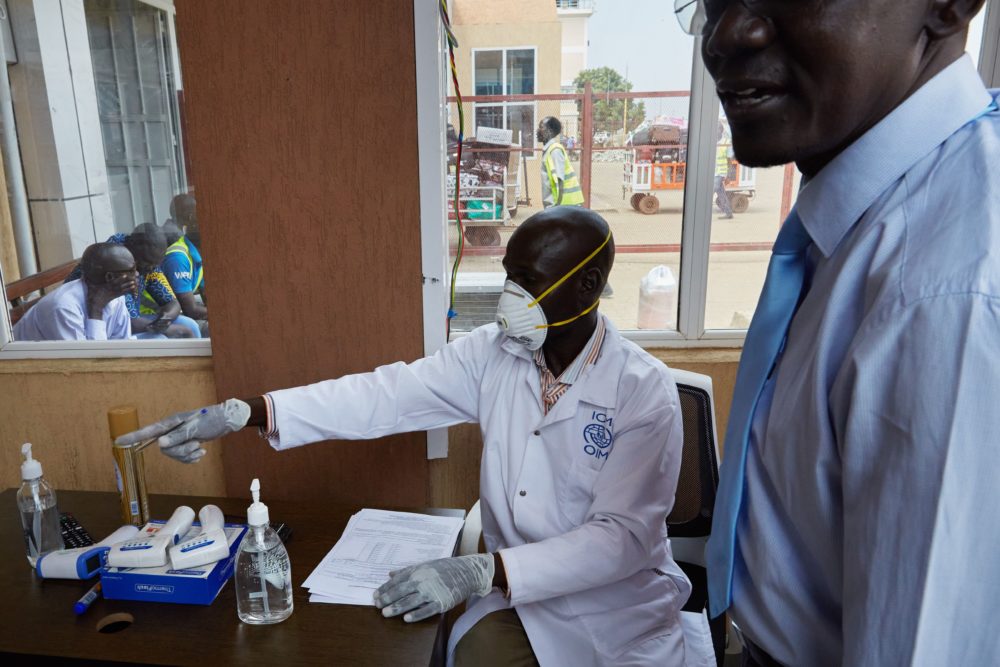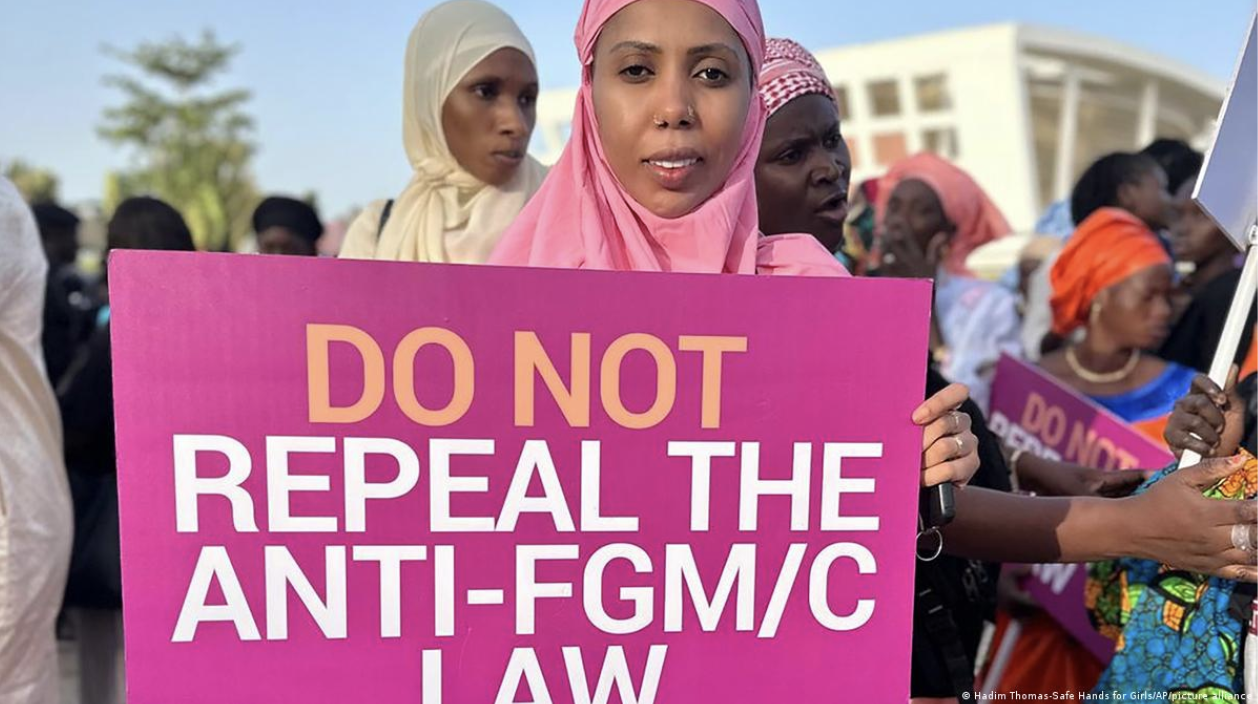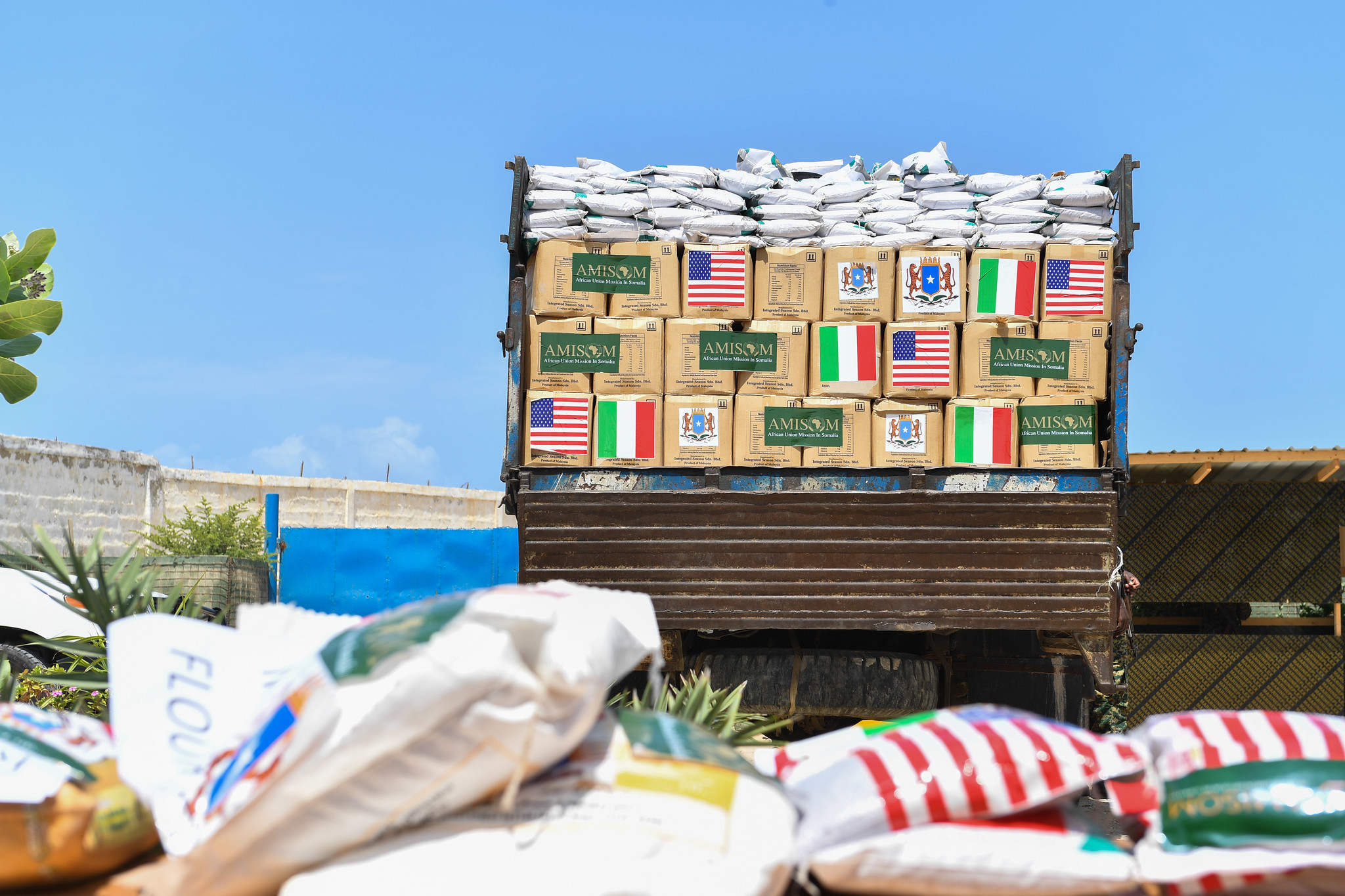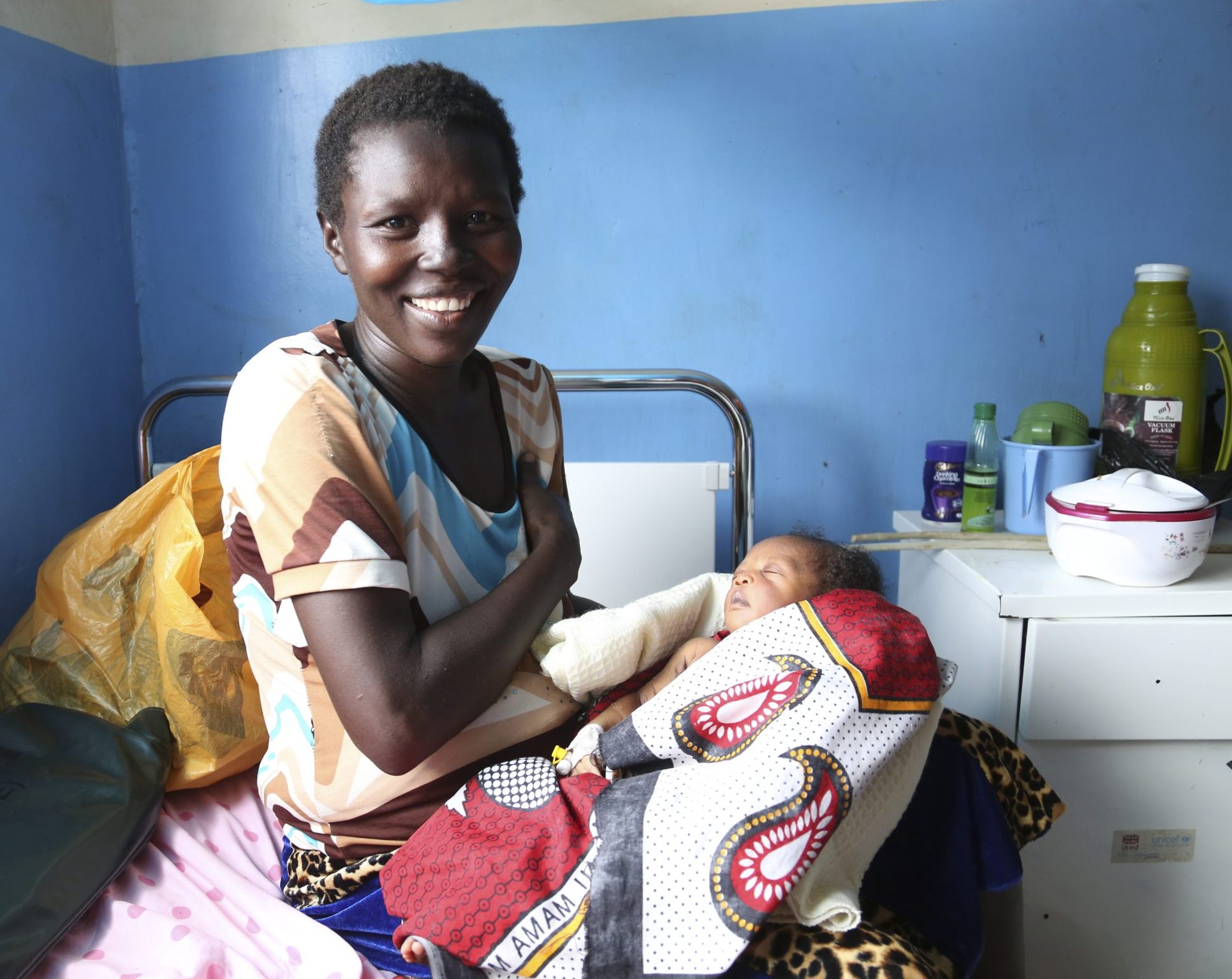Coronavirus poses biggest challenge to Africa

No nation is immune
The OECD has termed COVID-19 the ‘greatest threat to the global economy since the financial crisis’. All over the world supply chains have been disrupted, schools closed, events canceled and travel restricted. Commodity prices have fallen sharply and a global recession now appears unavoidable.
Cases of COVID-19 have appeared in 25 countries in Africa as of today. We expect further contagion. For most African nations, the greatest impact will be felt by their already poorly resourced healthcare systems. Sub-Saharan Africa has approximately one physician per 5,000 people. By way of comparison, Norway has 22, while Spain has 25.
On the economic front, no sector is immune from the effects of the pandemic. The tourism and travel industry has been hit the hardest. Trade in both goods and services is being affected too, depriving manufacturers and construction companies of the inputs they need to produce and build.
For African oil-rich countries and mineral producers, the decline in oil prices and commodities is hurting government receipts. With depleted revenues, public sector cuts will follow. Reduced levels of manufacturing and production will depress tax receipts still more, further restricting the ability of African governments to protect their citizens from the worst effects of the virus. A vicious cycle could ensue.
Africa Practice is monitoring the spread of the pandemic across Africa, tracking public policy announcements and restrictions imposed on travel and assembly. We are overlaying this with analysis of value chains to understand vulnerabilities for nations, risk for industries and organizations. Our aim is to help our clients make sense of what’s happening, understand what’s at stake and evolve measures, policies and practices to mitigate the worst effects of the pandemic.
What can COVID-19 spell out for African economies?
- We expect African governments and industry to speed up progress towards import substitution and more decentralized value chains, countering the trend over the last decade in favour of global value chains.
- We expect governments to fast-track approvals and licenses for local manufacturing and local processing of certain products affected by disruptions to global value chains.
- We expect customs and import restrictions to be reduced or eliminated in order to facilitate the importation of vital inputs and finished goods, including medicines.
- We expect governments to terminate financial support for non-critical SOEs and to redirect these funds to COVID-19-related expenditure.
How quickly African nations emerge from this crisis, will depend on what level of preparedness and actions governments and employers take, and the extent to which industry, philanthropic foundations, civil society organisations and governments collaborate to address the healthcare needs of their populations as well as the worst economic effects of the pandemic. Priority in both cases should be given to the most vulnerable.
Authored by Eugene Ngumi and Oluwapelumi Joseph. Both are senior consultants at Africa Practice.
Proud to be BCorp. We are part of the global movement for an inclusive, equitable, and regenerative economic system. Learn more


